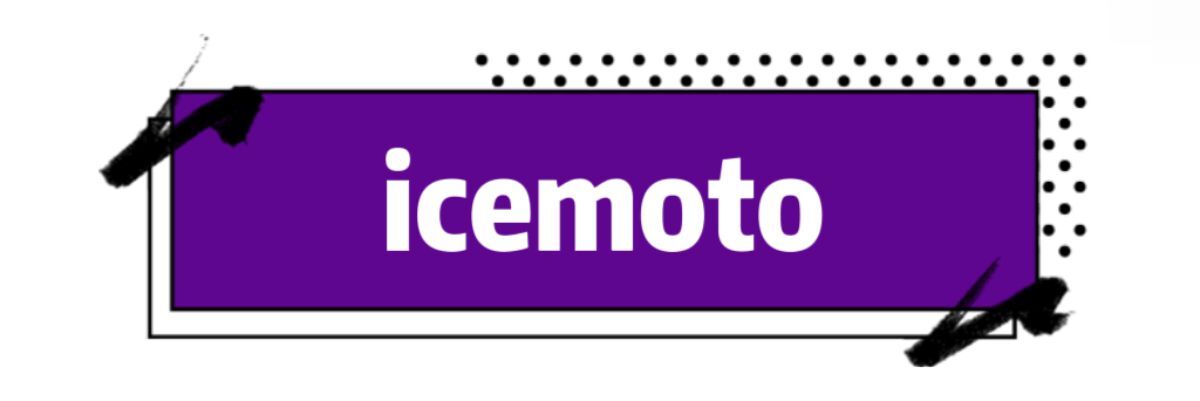How to Choose Auto Coil Spring Noise Solutions?
Choosing Solutions for Auto Coil Spring Noise
When it comes to the sounds coming from your vehicle's suspension system, identifying the source of auto coil spring noise can seem daunting. Understanding how to address these noises effectively can greatly enhance your driving experience. Here are some practical steps to help you choose the right solutions.
Identifying the Noise
The first step in tackling noise issues related to the coil springs is accurate diagnosis. Pay attention to the type of noise and when it occurs. For instance, a clanging noise when driving on uneven surfaces could indicate issues with the coil springs or their associated components. Once you pinpoint the noise, you can research potential remedies or products like 2002 Dodge Ram 1500 coil springs or 2006 Chevy Malibu rear coil spring that suit your vehicle.
Assessing Your Vehicle
After identifying the noise, it's essential to assess the condition of your coil springs and suspension parts. Regular inspections can reveal wear and tear that may contribute to unwanted sounds. Check for cracks, breaks, and rust. If you find significant damage, replacement may be necessary.
Consulting Professionals
If you're unsure about your assessment or how to resolve the noise, consider consulting professionals. Mechanics can provide insights into specific problems and potential solutions. They can guide you in choosing high-quality replacements as well as suggest effective auto coil spring noise troubleshooting techniques.
Choosing the Right Replacement Parts
When selecting parts to address coil spring noise, prioritize quality and compatibility. Opt for OEM (Original Equipment Manufacturer) parts when possible, as they often provide better fit and performance. Additionally, read reviews and seek recommendations to ensure your choices are reliable.
Conclusion
Addressing noise from auto coil springs doesn't have to be complex. By identifying the noise, assessing your vehicle's condition, consulting experts, and selecting quality replacement parts, you can effectively manage the issue. Remember, addressing these noises sooner rather than later can prevent more extensive damage and costly repairs in the future.
For more detailed guidance, check out auto coil spring noise troubleshooting.

